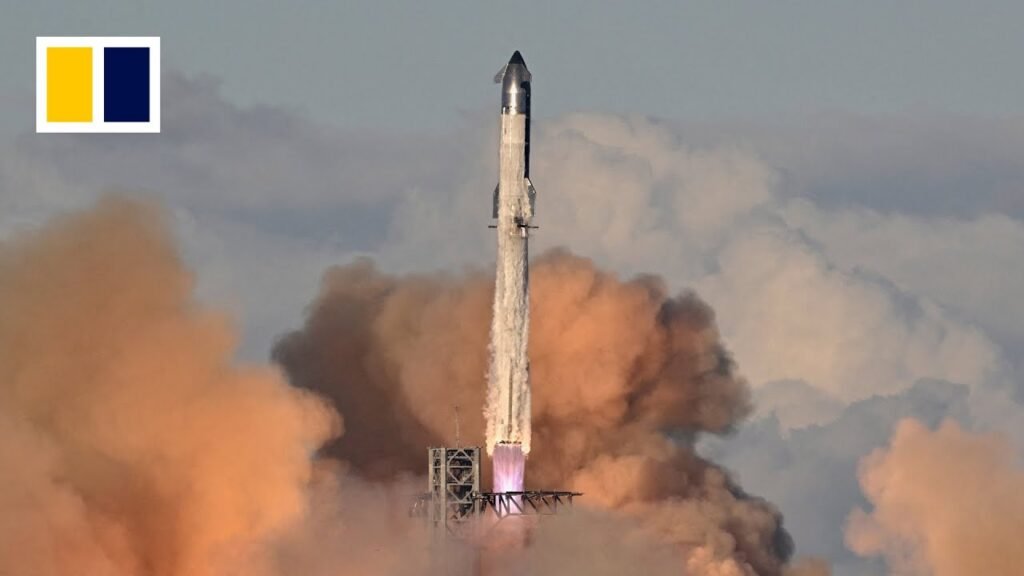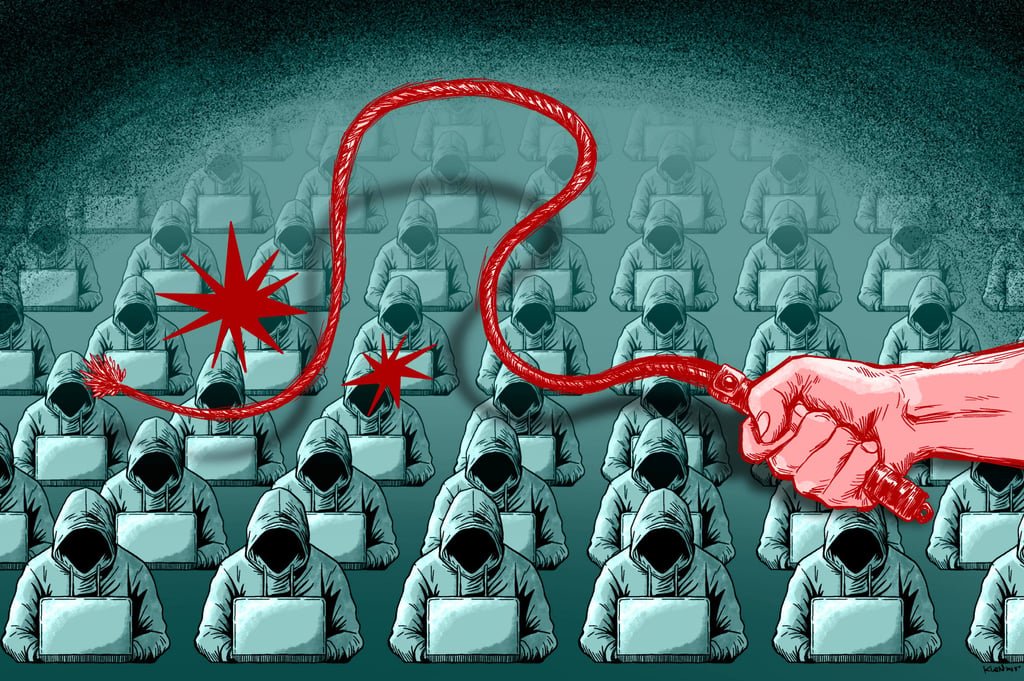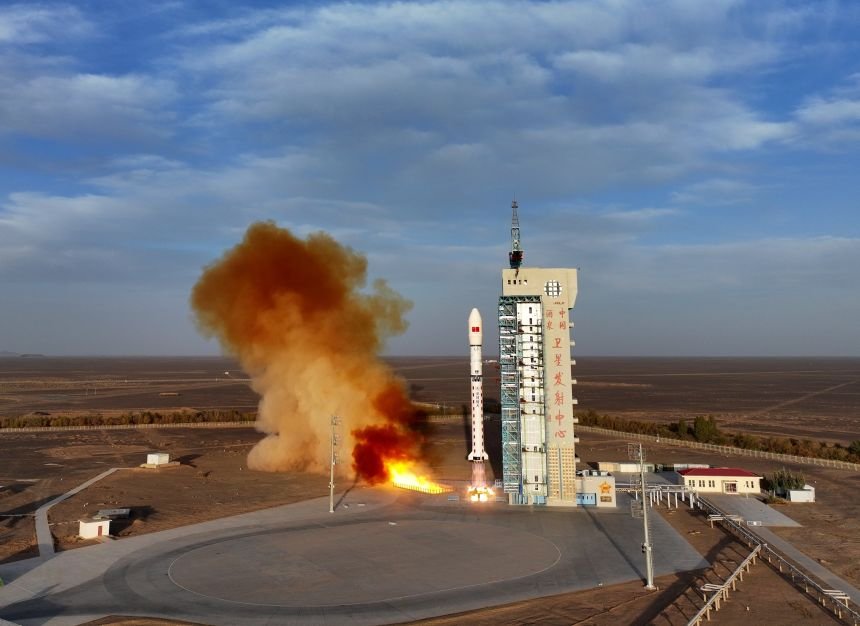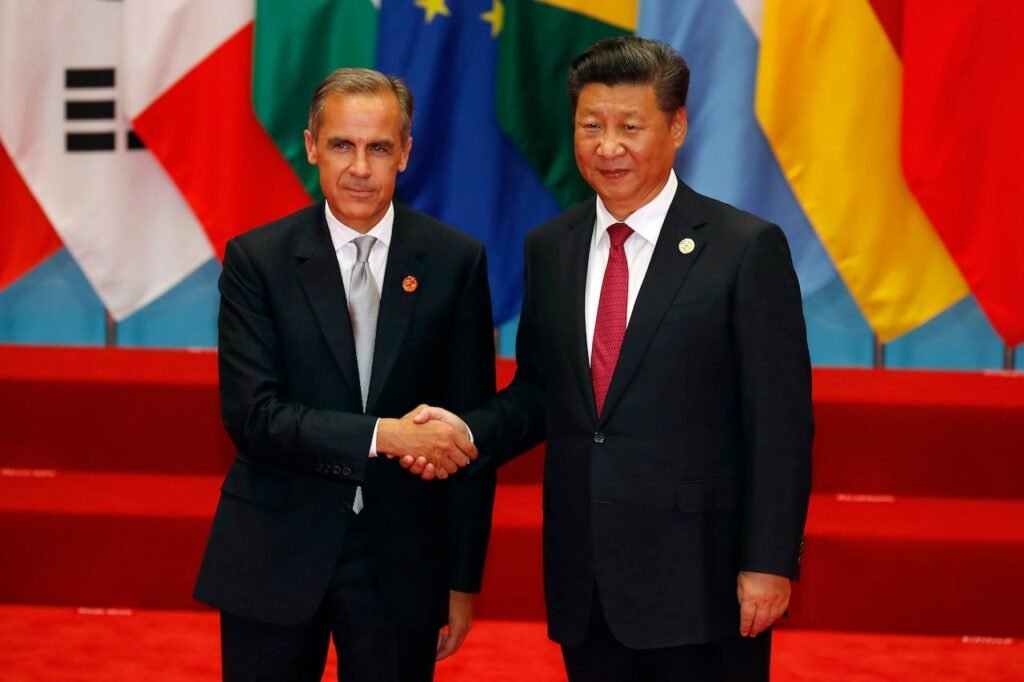Hong Kong
—
US and Chinese officials are set to convene another round of trade negotiations in Malaysia this weekend, as the two rival powers seek to salvage fragile relations ahead of a highly anticipated meeting between President Donald Trump and Chinese leader Xi Jinping.
Delegations led by US Treasury Secretary Scott Bessent, Trade Representative Jamieson Greer and China’s Vice Premier He Lifeng will set the stage for talks between Trump and Xi when they meet next Thursday in South Korea.
The fifth round of trade talks comes at a precarious time for US-China relations, after both countries slapped sweeping measures on the other following months of relative calm.
The two countries had struck a trade truce in May following an all-out tariff war, which was extended until November 10 before the latest shots were fired.
Earlier this month, China ramped up its restrictions on rare earths, a move Beijing said was in response to Washington’s expansion of export curbs on US technology. China controls about 90% of the world’s processed output of critical minerals, which are essential to global supply chains for consumer electronics, automobiles and semiconductors.
Shocked by Beijing’s actions, Trump vowed to impose an additional 100% tariffs on Chinese goods and export controls on “any and all critical software” starting next month. At one stage, he even threatened to cancel the meeting with Xi.
The measures, ranging from tech and rare earth restrictions, are expected to be major points of contention during the talks.
Before Bessent’s departure for Malaysia on Wednesday, he told Fox Business that he is “optimistic” about the upcoming talks but does not rule out further escalatory measures if a pause or relief on Beijing’s rare earths regime can’t be negotiated.
“I’m hoping that we can get this ironed out this weekend so that the leaders can enter their talks on a more positive note,” he said, downplaying the Trump-Xi summit as a “pull-aside.”
Reuters first reported this week that the Trump administration is considering upping the ante further with a wide array of software export restrictions spanning laptops to jet engines.
When asked about the potential for additional curbs on China on Wednesday, Bessent said “everything is on the table.”
“If these export controls – whether it’s software, engines or other things – happen, it will likely be in coordination with our G7 allies,” he said.
China’s commerce ministry said Thursday that the two sides will discuss “key issues” in accordance with the “important consensuses reached during recent phone conversations between Xi and Trump,” without elaborating further.
The leaders last spoke in mid-September following trade negotiations in Madrid led by Bessent and Li Chenggang, China’s vice minister of commerce. Trump then lauded the progress made to finalize a deal to sell TikTok’s US assets to American investors, as well as developments on trade, the illegal flow of drugs, and Russia’s war in Ukraine.
At a news conference Friday, China’s commerce minister Wang Wentao urged further dialogues to “identify the right way to coexist” and stressed that China has consistently opposed decoupling.
“The first four rounds of China-US economic and trade consultations have fully demonstrated that, on the basis of mutual respect and equal consultation, the two sides are fully capable of finding ways to address each other’s concerns,” he said.

Despite Trump’s suggestions of a swift and successful deal with China, and multiple rounds of talks throughout the year, the standoff between the two countries has instead taken a turbulent course.
In April, the tit-for-tat tariff offensive resulted in taxes on each country’s goods rising to triple-digit levels. Beijing also announced an unprecedented licensing regime to restrict the export of certain rare earths, which disrupted global productions of automobiles among others.
A 90-day trade truce was brokered by Bessent and Greer’s first meeting with He in Geneva in May, reducing the sky-high levy to double digits. They subsequently met in London and Stockholm to extend the trade truce and speed up the flow of rare earths, before meeting in Madrid last month.
At one point, the talks turned personal, with Bessent accusing Li, also a key negotiator in the previous rounds of trade talks, of being “very disrespectful” and “slightly unhinged.” Neither Li nor the Chinese commerce ministry has responded to this accusation.
Issues dominating the weekend talks in Malaysia are also likely to feature in the much-hyped summit between Trump and Xi in the upcoming week on the sidelines of the annual meeting of the Asia-Pacific Economic Cooperation (APEC).
“We’ll make a deal on, I think, everything,” Trump told reporters Wednesday in the Oval office. “We’re going to make a deal on the rare earth.”
The American president said he also expects to strike a deal on soybeans and discuss Russia’s war in Ukraine. Once the largest importer of American soybeans, China paused purchases of the product in May as bilateral frictions intensified.
“What I’ll really be talking to him about is, how do we end the war with Russia and Ukraine, whether it’s through oil or energy or anything else. And I think he’s going to be very receptive,” Trump said of Xi.
Trump will depart the US Friday evening for his first trip to Asia in his second term, with stops in Malaysia, Japan, and South Korea.
On Sunday, Trump will meet with Anwar Ibrahim, the prime minister of Malaysia, which is hosting this year’s summit of the Association of Southeast Asian Nations (ASEAN), before attending the ASEAN leaders working dinner. He is then due to meet the newly elected Japanese Prime Minister Sanae Takaichi in Tokyo on Tuesday.
The visit will be followed by a Wednesday meeting with South Korea President Lee Jae Myung in Busan. He will then deliver remarks at a luncheon for the APEC CEO summit and participate in a US-APEC leaders working dinner.







